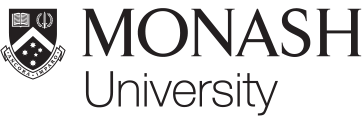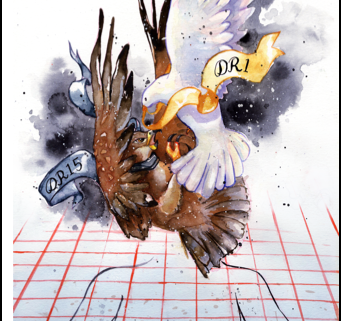Monash secures over AUD $2 million for industry Linkage Projects
Monash University’s innovative, world-leading research and its strong engagement with industry have helped secure significant funding in the latest Australian Research Council (ARC) grants for Linkage Projects.
Monash University has been awarded AUD $2,261,074 to support six applied research projects, ranging from development of a wearable blood-pressure monitor and enhanced inhaler design for more efficient drug delivery, to improved security systems and sequencing DNA to identify the genetics of executive function.
Minister for Education and Training, Senator the Hon. Simon Birmingham, announced the ARC grants for Linkage Projects today (Wednesday 31 May).
Monash Vice-Provost (Research), Professor Pauline Nestor said the funding announcement reflects Monash’s high impact research that has the potential to transform lives.
“From gaining deeper insights into our complex immune systems to enhance treatments for diseases, to boosting the global competitiveness of the Australian security industry by applying mathematics to improve detection systems, our research has the power to respond to some of the world’s greatest challenges and make a real difference,” Professor Nestor said.
“This significant funding for six, diverse ARC Linkage Projects demonstrates the quality and breadth of our applied research as well as our strength in building powerful strategic partnerships with industries and other innovators. I am grateful to the ARC for their continued support and congratulate those talented researchers who have secured Linkage Project funding today.”



